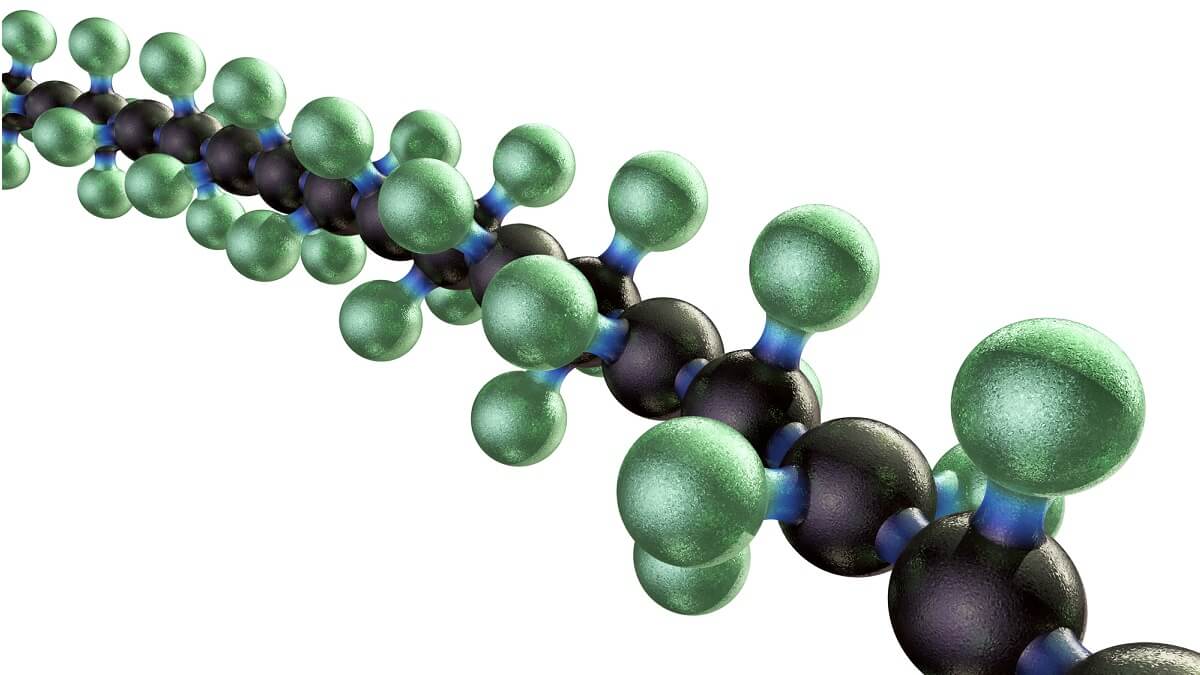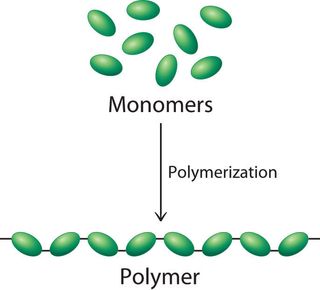Custom-made Polymers: Tailored Solutions for One-of-a-kind Applications
Custom-made Polymers: Tailored Solutions for One-of-a-kind Applications
Blog Article
Utilizing the Power of Polymers: Understanding the Extensive Usages and Positive Effects
Polymers, with their varied chemical structures and homes, have actually become important in various markets, changing the means we connect with products each day. From the product packaging that safeguards our food to the fibers that dress us, the applications of polymers are vast and varied. Past their common existence exists a much deeper understanding of their favorable impacts, reaching far beyond simple comfort. As we explore the extensive uses polymers and their duty in forming a much more sustainable, efficient, and innovative future, it ends up being noticeable that their possibility is as huge as the particles themselves.
Versatility in Everyday Products
Polymers display exceptional adaptability in a large range of everyday items, demonstrating their essential duty in modern-day society. From the adaptable plastic case of smart devices to the resilient fibers in garments, polymers have revolutionized the means we engage with items in our day-to-days live. One of one of the most common uses polymers is in packaging products. Polyethylene, for instance, is extensively made use of in food packaging because of its light-weight, long lasting, and moisture-resistant homes. In addition, polymers play a vital function in the automotive market, where they are made use of in making light-weight parts that improve gas effectiveness.
Eco-friendly polymers are made use of in sutures and implants, decreasing the danger of damaging responses in patients. In the building market, polymers are integrated into paints, adhesives, and insulation products, improving resilience and energy efficiency.
Sustainability in Material Innovations
With the recurring emphasis on ecological awareness and source performance, the emphasis changes in the direction of sustainability in product developments, mirroring a growing dedication to liable production methods across various industries. In recent times, there has been a significant surge in the growth of lasting materials, specifically within the world of polymers. These ingenious products are created to minimize environmental influence throughout their entire lifecycle-- from sourcing raw products to disposal or recycling.
One considerable element of sustainability in product innovations is the idea of biodegradability. Biodegradable polymers have gathered interest for their ability to damage down normally into safe by-products, lowering waste and pollution. In addition, using recycled polymers acquired from post-consumer or post-industrial sources is getting traction as a way of advertising a circular economy Read More Here and minimizing dependence on virgin products.

Enhancing Efficiency in Design
Enhancing efficiency in engineering needs a precise assimilation of innovative innovations and accurate techniques to maximize functionality and effectiveness in various industrial applications. Polymers play a vital role in this undertaking, providing a large range of advantages that enhance the efficiency of design materials and elements.
One key aspect of boosting efficiency in design is the ability of polymers to improve longevity and stamina. By incorporating polymers into engineering designs, manufacturers can develop lightweight yet robust frameworks that can hold up against high levels of stress and stress. This characteristic is specifically valuable in sectors such as aerospace, auto, and construction, where the demand for strong yet lightweight products is paramount.
In addition, polymers can also enhance efficiency by offering thermal and chemical resistance, reducing friction, and boosting electric conductivity. These properties make polymers optimal for a large range of engineering applications, consisting of seals, bearings, coatings, and digital parts. Polymers. By harnessing the unique properties of polymers, engineers can optimize the performance of their designs and produce extra effective and dependable items
Influence On Clinical Advancements
The combination of innovative polymer modern technologies has considerably added to advanced advancements in the clinical area. Polymers have played a vital function in modern medical advancements, varying from medicine delivery systems to cells design. One of the key areas where polymers have made a considerable impact is in the development of eco-friendly sutures and implants. These polymers can be customized to break down at a details rate, enabling far better injury healing and reducing the requirement for additional surgical treatments to remove implants.
Furthermore, polymer-based products are significantly being made use of in clinical devices such as catheters, stents, and prosthetics because of their biocompatibility and adaptability. As an example, polymer finishes on medical tools can prevent infections and enhance total client outcomes. Additionally, improvements in nanomedicine have made it possible for making use of polymer nanoparticles for targeted medication distribution, improving the efficacy and decreasing negative effects Homepage of various medications
Function in Environmental Preservation

Additionally, polymers are utilized in water treatment processes, assisting in the filtration and recycling of water resources. This aids in minimizing water contamination and making sure accessibility to tidy water for both human consumption and environmental health. Polymers likewise contribute in farming with the development of naturally degradable composts and controlled-release fertilizers, promoting lasting farming methods.
Final Thought
Finally, polymers have shown to be a versatile and vital material in various sectors, from daily items to engineering and clinical improvements. Their effect on sustainability, efficiency enhancement, and environmental preservation is substantial. Comprehending the considerable uses of polymers emphasizes their value in driving innovation and progression in numerous areas. The continued exploration and use of polymers will undoubtedly cause additional improvements and favorable impacts published here on culture.
Report this page